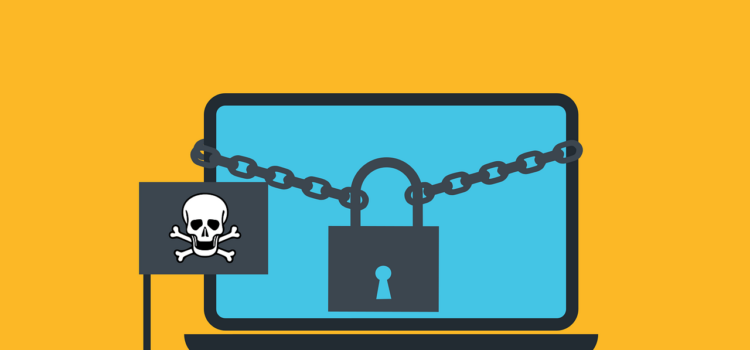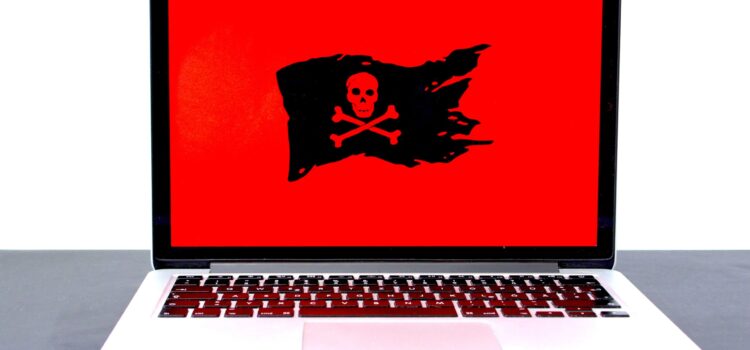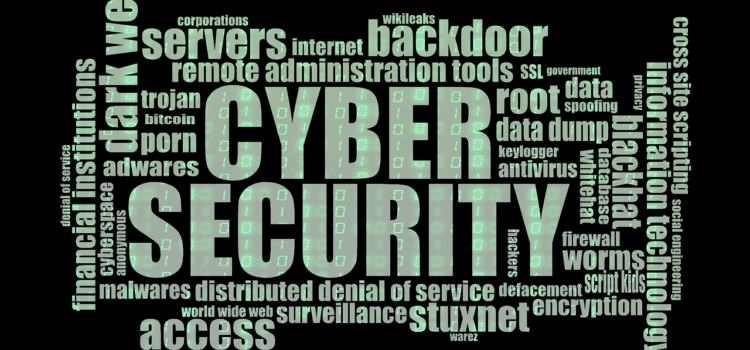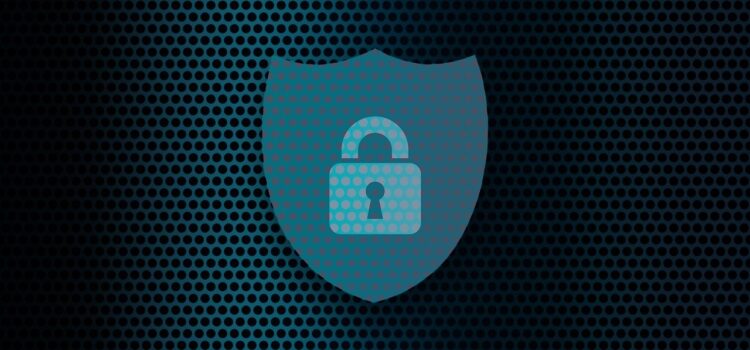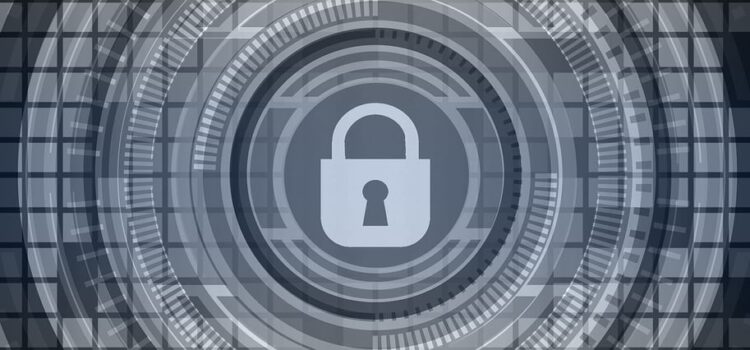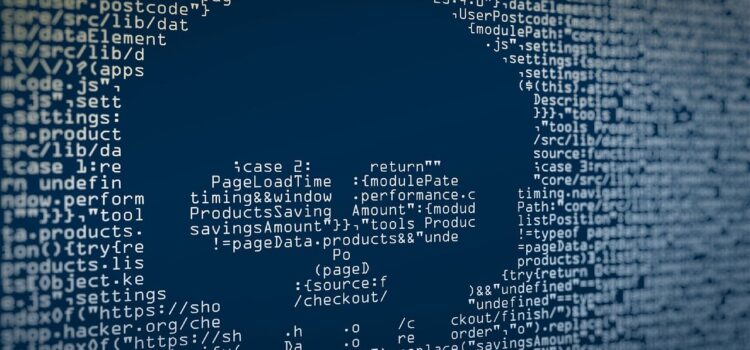Imagine you’re working away on your PC and see a Windows update prompt. Instead of ignoring it, you take action. After all, you want to keep your device safe. But when you install what you think is a legitimate update,
Watch Out for Ransomware Pretending to Be a Windows Update!
